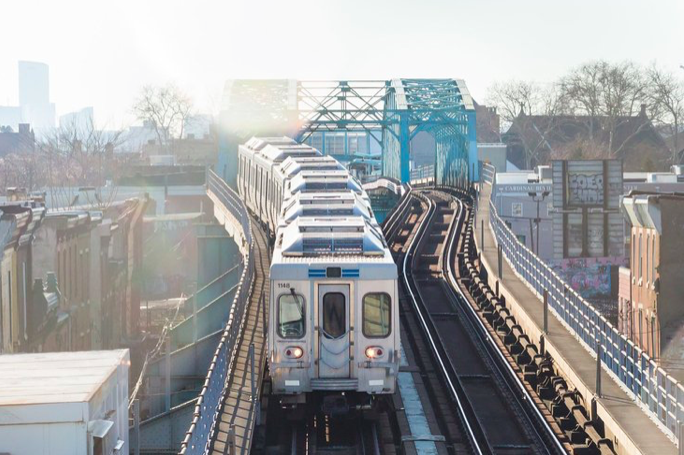
October 01, 2023
 THOM CARROLL/for PhillyVoice
THOM CARROLL/for PhillyVoice
Transit Workers Union Local 234 voted to authorize a strike against SEPTA on Sunday if contract negotiations stall. The union's contract expires Oct. 31.
Philadelphia's public transit system could grind to a halt in a matter of weeks if SEPTA workers can't secure a new contract soon.
Transit Workers Union Local 234 voted unanimously to authorize a strike in the event that collective bargaining talks with management don't yield a contract that sufficiently addresses workers' demands, according to 6ABC. Their current contract expires on Oct. 31.
Local 234 represents more than 4,500 SEPTA workers. They include mechanics and operators for SEPTA's buses, trolleys and subway lines. The union does not represent Regional Rail engineers and conductors.
About 1,000 of them convened Sunday at the Sheetmetal Workers Hall to vote on the strike authorization. The vote does not mean a work stoppage is inevitable, but it puts additional pressure on the transit authority to address the workers' demands.
The workers are calling for pay increases that account for inflation, as well as higher wages for newer employees. They also want a safer working environment.
The transit system has seen increases in unruly behaviors on its platforms and vehicles in recent years. Some infractions, like smoking and public urination, increased by more than 200% from 2019 to 2022, according to data analyzed by the Philadelphia Inquirer. More violent incidents – like the shooting of two men on a SEPTA bus and shootings on the Broad Street and Market-Frankford lines – have become more common as well.
Safe operations have become an issue too. After a weeks-long string of crashes involving SEPTA vehicles this summer, SEPTA instituted a mandatory two-month-long safety training program for all of its employees. The string of crashes sparked increased oversight into SEPTA's safety practices from the Federal Transportation Administration.
In a statement issued ahead of the strike authorization vote, union leadership accused SEPTA management of deprioritizing the safety of workers and riders by sidelining an accident reduction program agreed upon by union leadership and SEPTA management earlier this year.
Like many organizations, SEPTA has struggled to return to its pre-pandemic normal. After having its ridership decimated by COVID-19 business closures and stay-at-home orders, SEPTA is starting to see ridership increase year-over-year, but has yet to return to the levels it saw prior to 2020. In August, ridership reached 64% of what it was in August 2019 before the pandemic hit, according to data from SEPTA. As a result, the transit authority faces a potential $240 million funding gap as it heads toward the 2024 fiscal year.
SEPTA workers last went on strike in 2016, when buses, trolleys and the city's two main subway lines stopped running for six days. SEPTA has been called the most strike-prone transit agency in the United States. Workers have walked off the job at least 10 times since 1971.
“SEPTA and representatives from TWU Local 234 have been engaging in a productive dialogue regarding a new contract," a SEPTA spokesperson said in a brief statement sent to PhillyVoice. "We are hopeful that an agreement can be reach prior to expiration of the current agreement.”